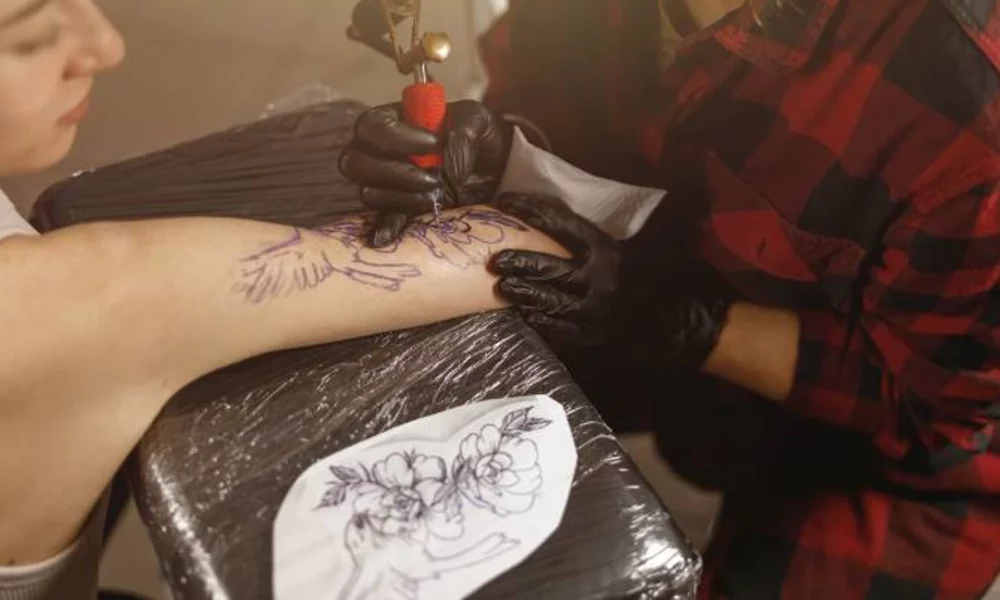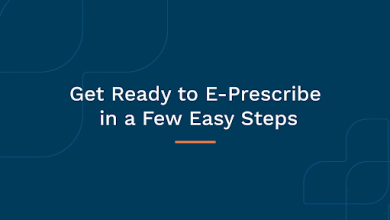Tattoo Price Guide: How Much Should You Expect to Pay for Your Next Tattoo?

Whether you are a tattoo enthusiast or someone considering getting your first tattoo, one of the key questions that often comes to mind is, “How much will it cost?” Tattoo prices can vary significantly based on various factors, including the size and design of the tattoo, the location of the tattoo studio, the experience of the tattoo artist, and even the geographical region.
In this article, we will explore the different elements that contribute to tattoo pricing and provide you with a comprehensive guide on how much you should expect to pay for your next tattoo.
Factors Affecting Tattoo Prices
Before delving into the specifics of tattoo pricing, it’s crucial to understand the various factors that can influence how much you will have to pay for a tattoo. Some of the key factors include:
- Size and Detail: The size and level of detail of the tattoo will significantly impact the price. Larger tattoos or those with intricate designs will generally cost more due to the time and skill required to complete them.
- Placement: Where you choose to place the tattoo on your body can also influence the price. Areas that are more difficult to tattoo or require special attention, such as the ribs or hands, may cost more. Using a tattoo designing app can help you visualize how different placements will look on your body, aiding in your decision-making process and ensuring you choose a location that you will be happy with.
- Artist Experience: The experience and skill level of the tattoo artist will also play a role in determining the price. More experienced artists with a strong portfolio may charge higher rates for their work.
It’s important to consider the value of their expertise and the quality of the final result when making your decision. Additionally, when planning for your new tattoo, don’t forget to inquire about new tattoo care to ensure proper healing and maintenance of your ink.
- Tattoo Shop Location: The location of the tattoo shop can also affect pricing. Shops in major cities or high-end areas may have higher overhead costs, which can be reflected in their pricing.
- Custom Design vs. Flash Art: Custom-designed tattoos created specifically for you will generally cost more than choosing a design from pre-made flash art at the shop
- Color vs. Black and Grey: Color tattoos typically require more time and expertise compared to black and grey tattoos, so they may be priced higher.
- Tattoo Aftercare: Some tattoo artists may include the cost of aftercare products or instructions in the overall price, while others may charge extra for these services.
It’s essential to communicate openly with your chosen tattoo artist about your budget and expectations to ensure that you both are on the same page regarding pricing before starting the tattooing process.
Understanding Tattoo Pricing Structures
Tattoo pricing structures can vary from one studio to another, but there are several common pricing models that tattoo artists may use:
What to Expect in Terms of Cost
While tattoo prices can vary widely based on the factors mentioned above, here are some general guidelines to give you an idea of what to expect in terms of cost:
Small tattoos (such as a simple design or text on a wrist or ankle) can range from $50 to $200.
Medium-sized tattoos (like a design on the forearm or calf) typically cost between $200 and $500.
Larger tattoos (covering a significant portion of the body, like a sleeve or back piece) can start at $500 and go up to several thousand dollars, depending on the complexity and size.
Keep in mind that these are just rough estimates and prices can vary greatly depending on the artist, location, and design intricacy. It’s important to do your research and consult with multiple tattoo artists to find one that fits your budget and vision.
Additional Costs to Consider
When budgeting for your tattoo, it’s essential to consider any additional costs that may arise, such as:
- Design customization: If you want a custom design or any modifications to an existing design, this may come with an extra cost.
- Size and Placement: Larger tattoos or ones in more intricate locations on the body may cost more due to the increased time and skill required.
- Color: Colored ink or shading can add to the overall cost of a tattoo compared to black ink.
- Touch-ups: Depending on the tattoo and how well your skin holds the ink, you may need touch-up sessions to keep it looking fresh.
- Aftercare products: You may need to purchase specialized creams or ointments to aid in the healing process and maintain the quality of the tattoo.
- Tip for the artist: It’s customary to tip your tattoo artist for their time and skill, so remember to budget for this additional expense.
- Consultation fees: Some tattoo artists may charge a fee for the initial consultation to discuss your design ideas and requirements.
- Travel expenses: If you are traveling to a different city or country for a specific tattoo artist, factor in travel costs such as transportation and accommodation.
- Tattoo cover-up or removal: In case you want to cover up or remove an existing tattoo before getting a new one, this can also add to your overall expenses.
Conclusion
Getting a tattoo is a significant decision that involves both emotional and financial considerations. By understanding the factors that influence tattoo prices and being aware of the typical costs associated with different types of tattoos, you can better prepare for your tattoo experience. Remember that investing in a high-quality tattoo from a skilled artist is a lifelong investment that you can proudly wear on your skin. So, when planning your next tattoo, take the time to research and find a reputable artist who aligns with your artistic vision and budget.





